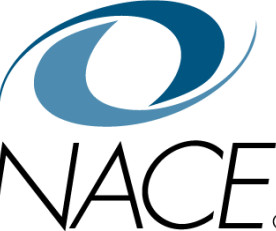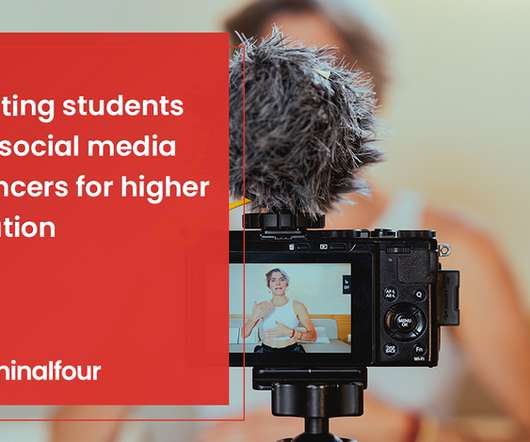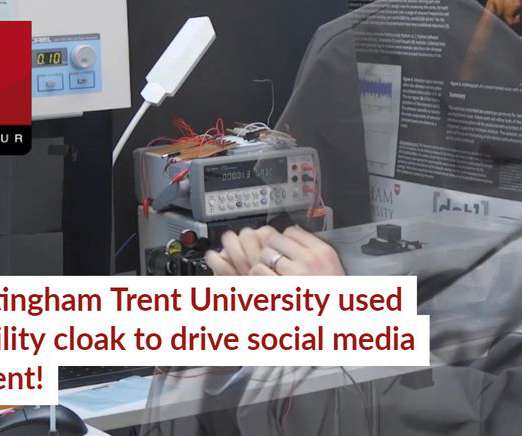Standardized Personalization
Will Richardson
APRIL 29, 2019
Just for the record, if you’re an advocate for “personalizing” learning, then you need to do more than just offer some options for how students might work their way through the curriculum. That’s just a starting point. If you really are serious about honoring a student’s interests and dispositions and individuality, then you’re going to have to also honor a “personalized” version of “success” and “achievement.” You’re
















Let's personalize your content